Duluth Mayor Roger Reinert OP/ED: 'Maintaining a responsible budget and levy in 2026 is quickly shaping up as our single greatest challenge this year.'
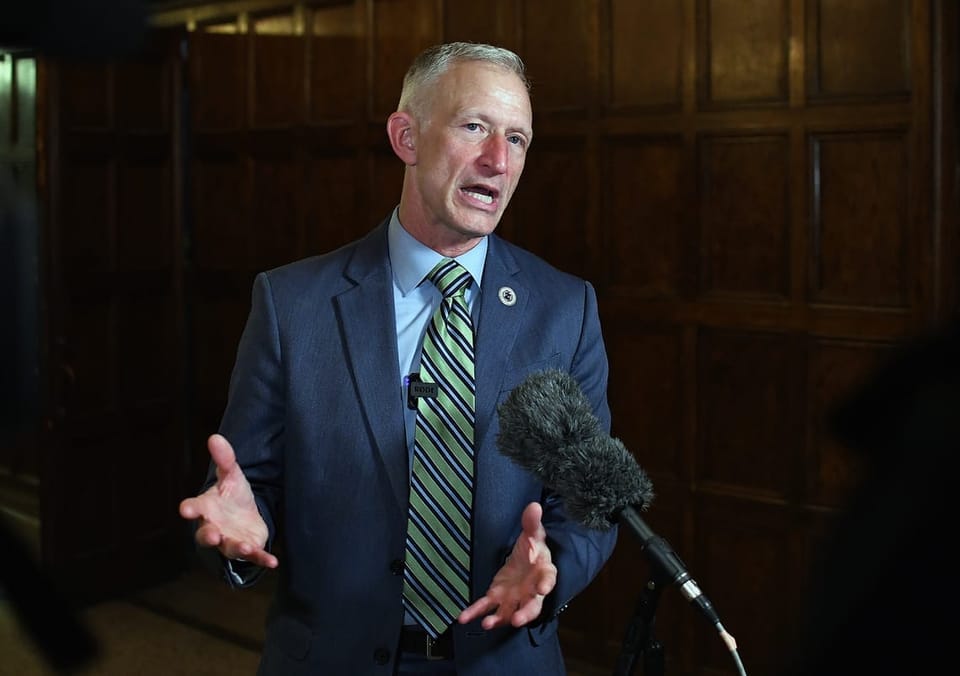
I recently had the honor to deliver my second State of the City address – just 11 short months after the first one. And in that time, our administration has made significant progress on five key priorities: expanding the commercial tax base, increasing housing options, improving streets and utilities, revitalizing downtown, and maintaining affordable property taxes.
We have seen significant economic development, particularly in the far west corridor of the city. Major investments include a $200 million expansion at the Sofidel plant in West Duluth, which will triple its current workforce, and the opening of a new Amazon distribution center that is actively hiring. Along with the Second Harvest relocation, these position our western corridor as a key growth area. Available land, supportive neighborhoods, and a key asset for post-pandemic growth: multimodal infrastructure, including rail, freeway, water access, and proximity to the airport.

Duluth also broke ground on two major housing developments: Incline Village and Lakeview 333. Incline Village will be a completely new neighborhood featuring 1,300 market-rate apartments, condos, retail spaces, and outdoor amenities. Meanwhile, Lakeview 333, along with the conversion of the Ordean Building from commercial to residential use, will add about 500 new residents to downtown helping meet one-third of the city’s goal for 1,500 new downtown residents and the establishment of a true downtown residential neighborhood.
Infrastructure also saw major improvements with over 19 miles of street repairs completed in 2024. I did the math for you last year and shared that we need to reconstruct or refresh roughly 15 miles of streets annually in order to refresh our street system every 30 years. The city is on track again in 2025 to meet that goal. Additionally, pothole repair efforts were strong, and crack sealing resumed after years of being suspended. We have to maintain as well as renew.

Downtown revitalization efforts were bolstered by the launch of the "Imagine Downtown Duluth" planning process. Public safety was a focus as well, with a downtown meeting hosted by police, fire, and the city attorney. The City Council passed important public safety ordinances to give DPD and DFD better tools for enforcement. The city also peacefully resolved a 2.5-month encampment at Priley Circle.
Notably two long-awaited, and overdue, demolitions moved forward: the Kozy building is down after 15 years, and demolition of the Shoppers Ramp has been approved and will begin soon. The city also secured the Hart, 1st Street, and Tech Village parking ramps, improving cleanliness and public safety for customers, residents, and visitors.
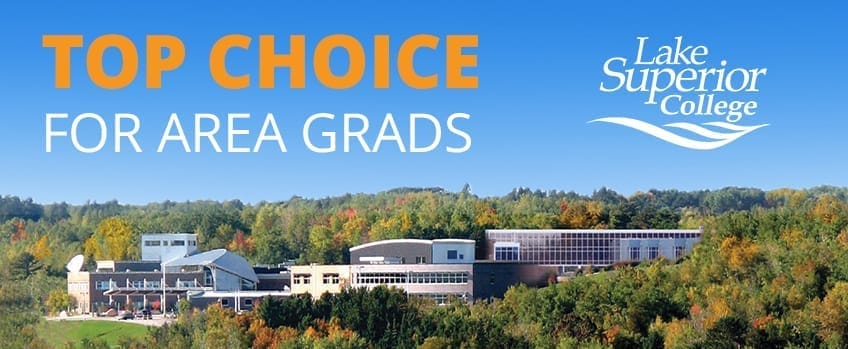
Tourism promotion was realigned by moving marketing efforts back to Visit Duluth and redesignating them as our official destination marketing organization. This move gets tourism marketing out of City Hall, depoliticizes tourism strategy, and sets this critical sector of our economy on a better path for growth and success.
Perhaps most impactful for residents, the City Council unanimously approved a 0% property tax levy for 2024. This was my signature pledge to Duluthians in my 2024 State of the City address. It was the first property tax levy in over a decade without an increase from the City, reversing a trend of average annual 9% hikes. This bold step reflected our understanding that significant valuation and levy increases make property taxes unaffordable and unsustainable.
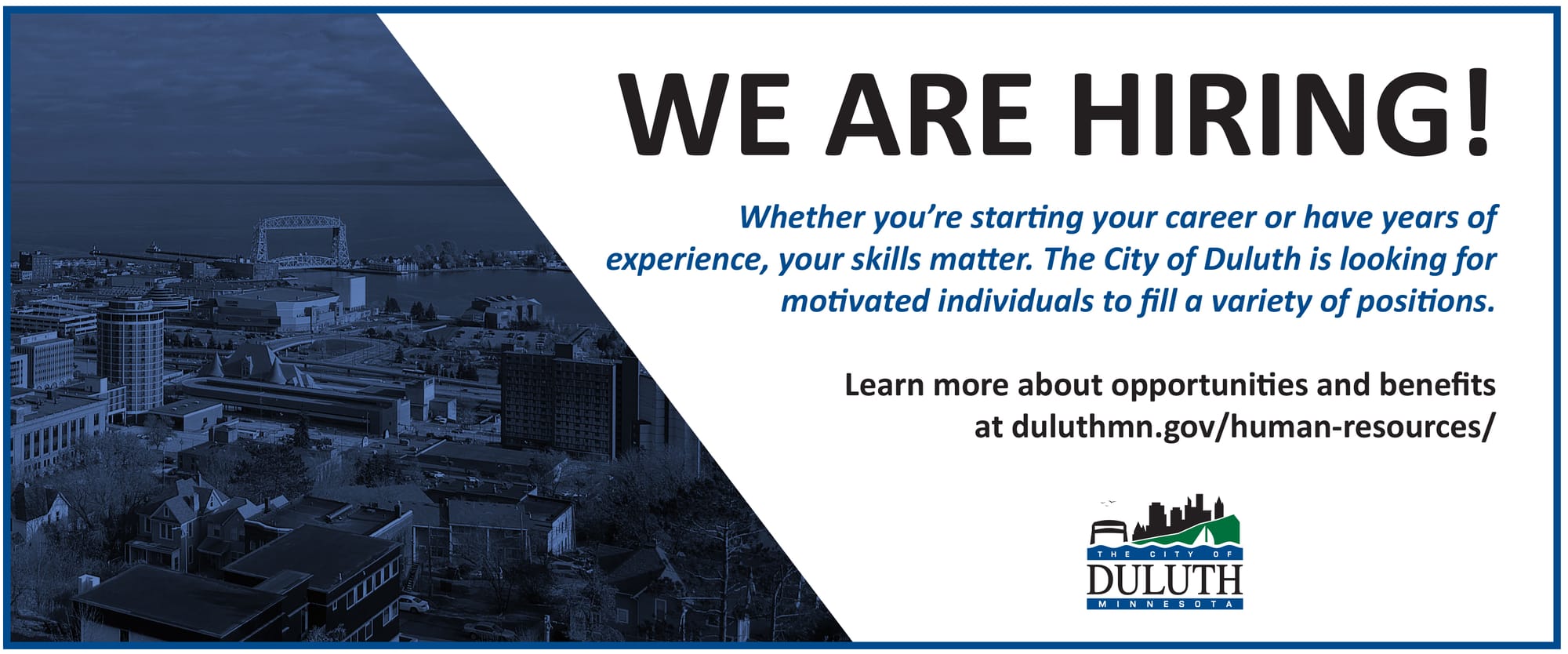
Yet, last year, I also said it was unlikely we could do 0% every year. Maintaining a responsible budget and levy in 2026 is quickly shaping up as our single greatest challenge this year. We face the same cost drivers as everyone else including rising material costs and increasing wages. While 82% of our general fund goes to wages and benefits, we must still repair streets, maintain utilities, fix bridges, and ensure clean, safe drinking water for our residents and neighbors.
The State of Minnesota’s budget deficit has grown to $6 billion – nearly 10% of its general fund. And decisions being made daily at the federal level will likely worsen the state’s budget situation. This matters because Local Government Aid (LGA) is Duluth’s single largest revenue source, accounting for nearly a third of our income. Any reduction in LGA will directly impact our ability to maintain our current level of city services.

If we did nothing, we would be facing a 24% property tax increase over the next two years. But rising valuations and property taxes have a real impact on Duluthians so let me be clear: we’re not going to do that. We normally begin the budget process in June, but this year it’s already underway. I can’t tell you today what the property tax number will be, but it won’t be 24%.
Our accomplishments in 2024 reflect a city that is focused on core city services, fiscally disciplined, and committed to growth. We are welcoming new development, building housing, improving infrastructure, revitalizing our core, all while also being mindful of the financial burden on residents. But 2025 will demand leadership. Tough budget choices lie ahead, and we are already taking proactive steps to meet them. Because Duluth voted for a city government that remains focused, stays in its lane, plans ahead, makes smart decisions, and delivers on our municipal quality of life.
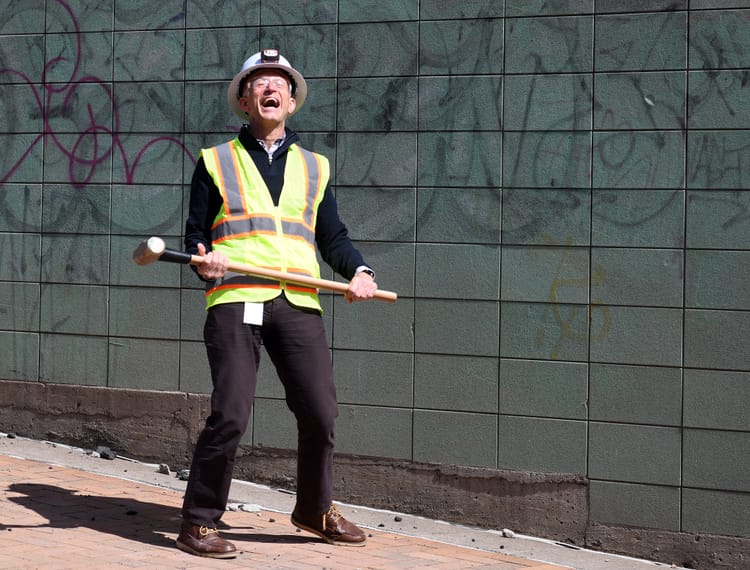
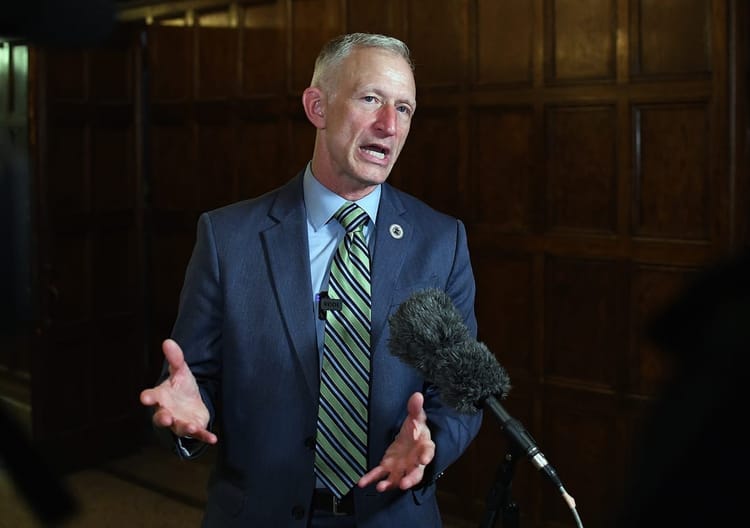



Member discussion